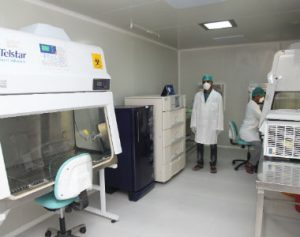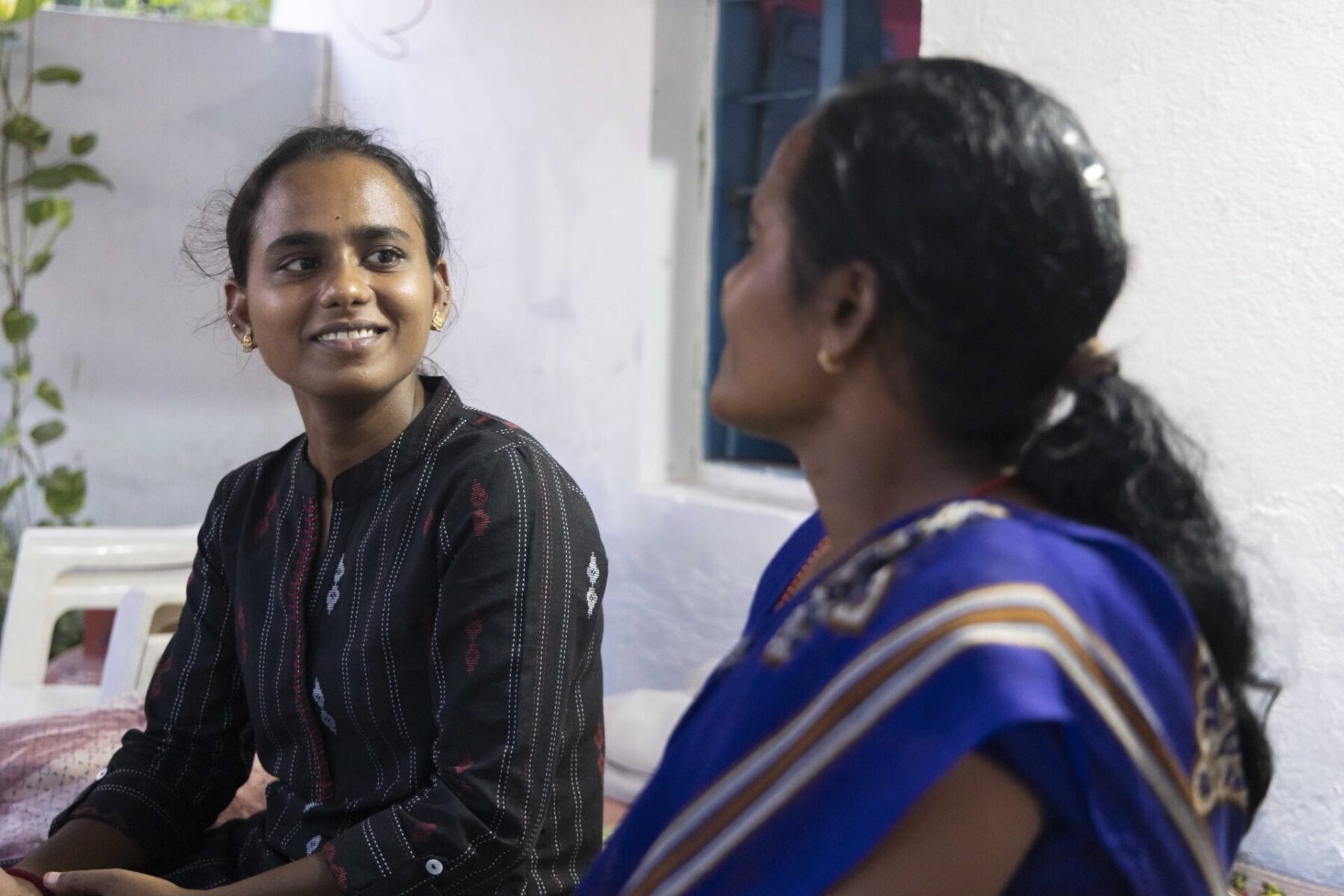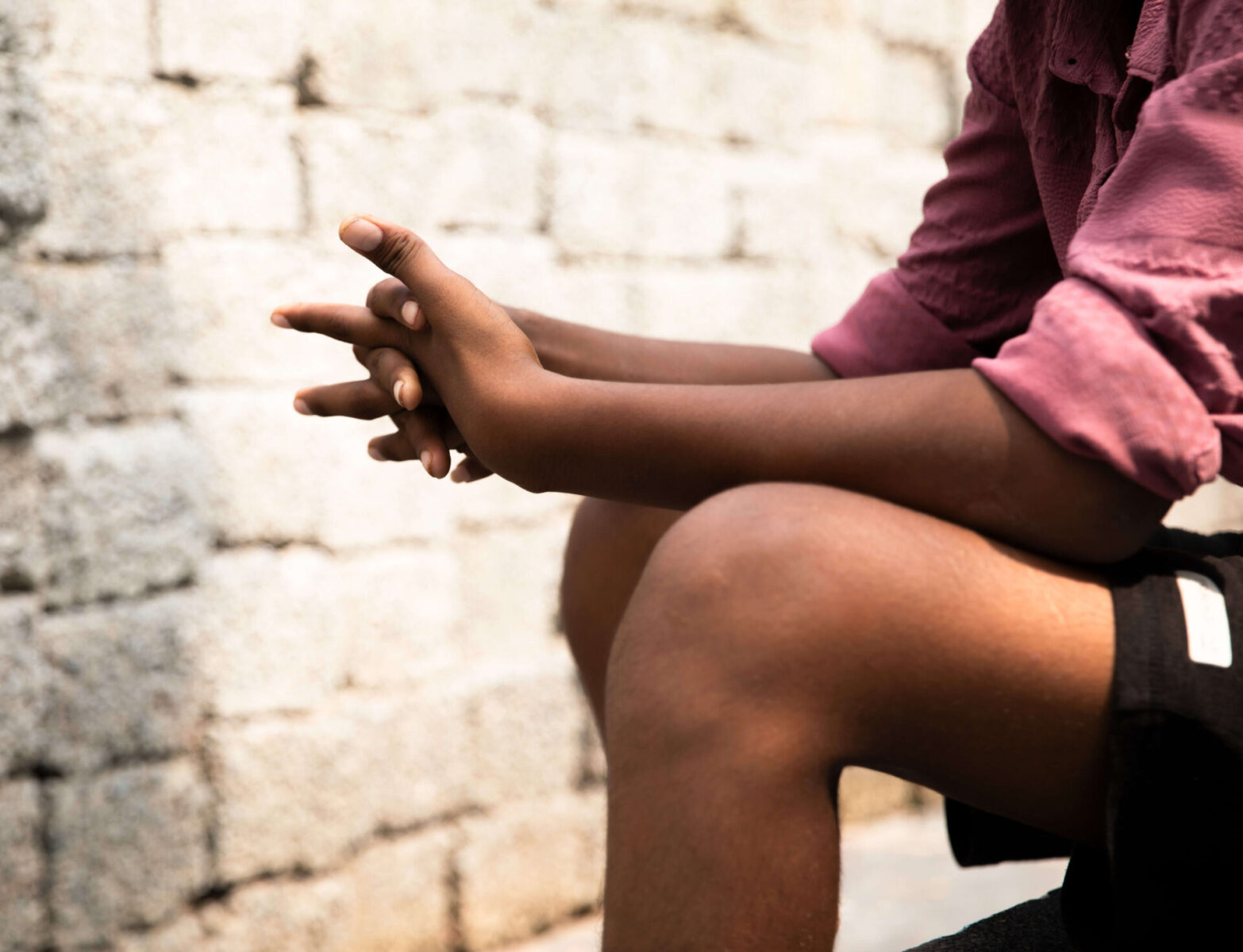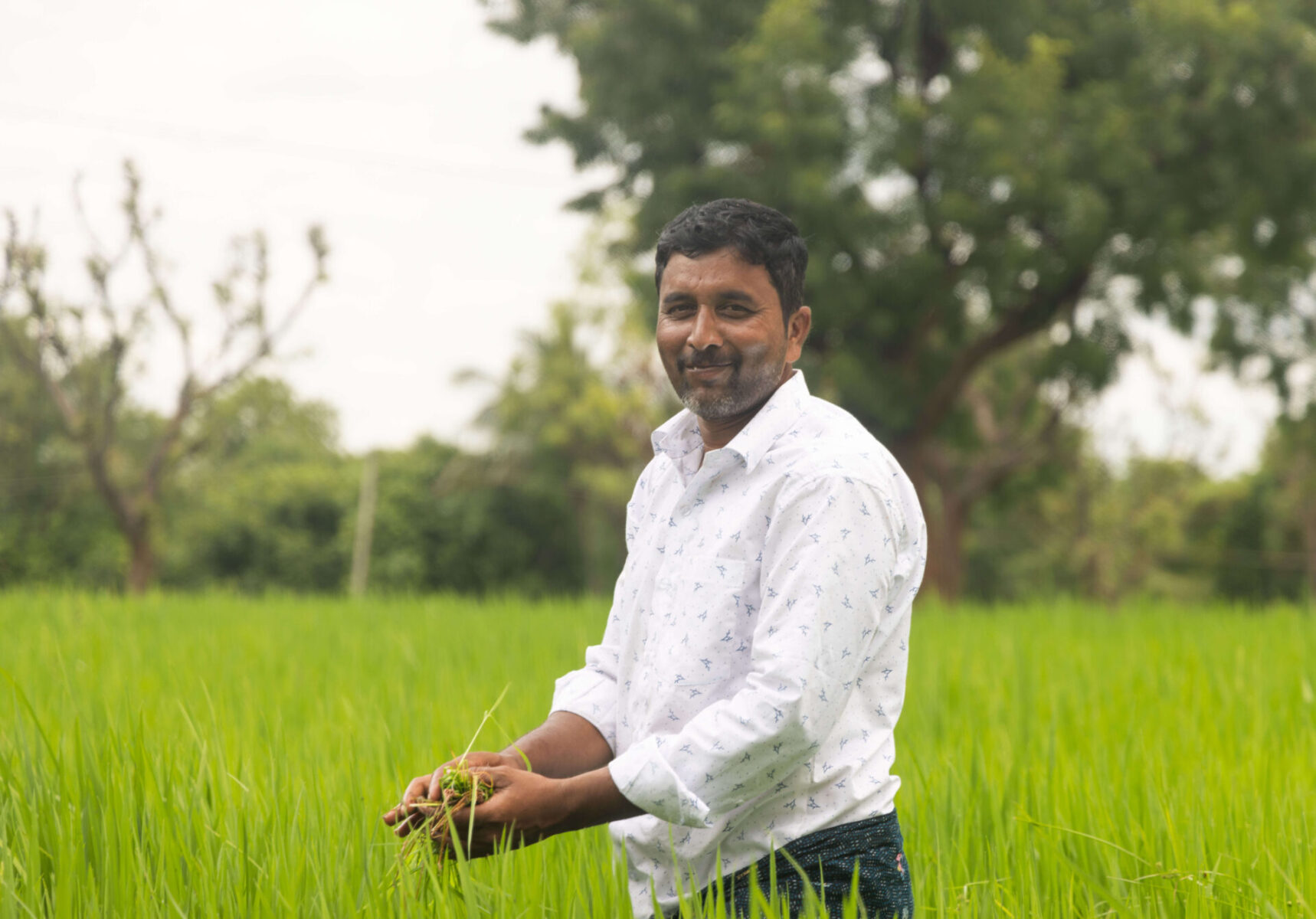In 2017 India had the highest number of patients with tuberculosis, with 2.79 million new cases, and 4,35,000 deaths which is a third of the total 1.4 million deaths caused by TB globally according to the USAID. The number of multi-drug-resistant TB (MDR-TB) cases have been increasing too and are now up to 147,000 cases in India.
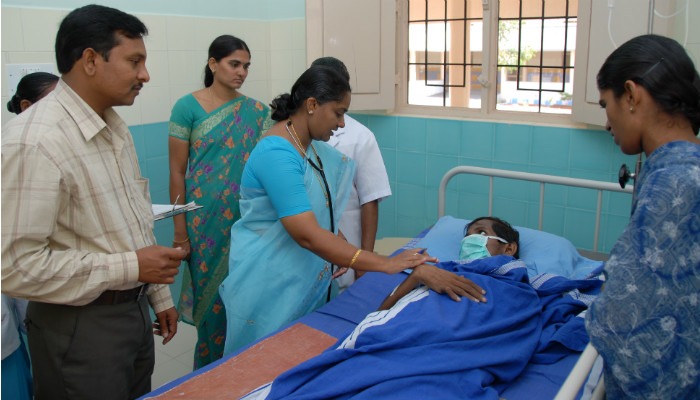
To further increase its efforts to fight tuberculosis, RDT’s Hospital for Infectious Diseases in Bathalapalli has established a new mycobacteriology lab in the Bathalapalli Hospital. This laboratory will aid the people of the Rayalassema region – districts of Anantapur, Chitoor, Kadapa, Kurnool, Prakasam, and Nellore.
In the entire state of Andhra Pradesh, this is the second such laboratory with these facilities. With this new lab, it will be possible to provide a quick and accurate diagnosis to those suffering from MDR-TB, allowing rapid treatment and preventing the disease from aggravating.
RDT’s approach is to focus primarily on strengthening the communities at the grassroots with adequate knowledge and skills.Hence, equal emphasis is laid on health education and counseling the TB patients and their care givers.
“One of the main challenges of the MDR-TB in rural areas is its diagnosis as generally there is no investigation to know which antibiotic the bacterium might be resistant to. With the new laboratory we will be able to obtain detailed information on the type of bacteria affecting patients with MDR-TB, which until now was difficult to treat,” says Dr. Gerardo Álvarez-Uría, who is an observer at the hospital.

One of the main concerns at the time of constructing this facility was the safety of the technicians who would test the TB cultures, a necessary step to detect which drugs the patient is resistant to and how to approach the treatment.
The laboratory has been built according to the recommendations of the World Health Organization and also has high bio-security and a negative pressure room.
According to Dr. Raghu Reddy, head of Clinical Microbiology, the “department processes around 22,000 samples each year and diagnoses about 70 cases each month. This makes it clear that the rate of TB is increasing. With the new renovations in the hospital, almost all high-risk patients can be treated with a zero risk of contagion.”
The construction of the lab has been done in collaboration with the General Insurance Corporation of India (GIC). It extension is part of an ambitious remodeling project which started in 2013 at RDT hospital complex in Bathalapalli and covers a total of 6,000 sq.metres.
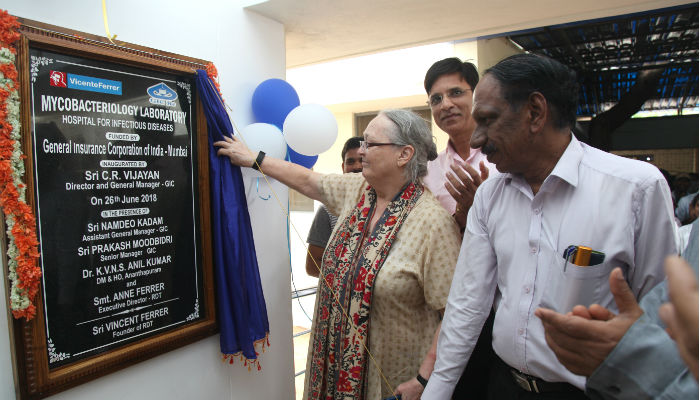
Text: Felita Viegas

